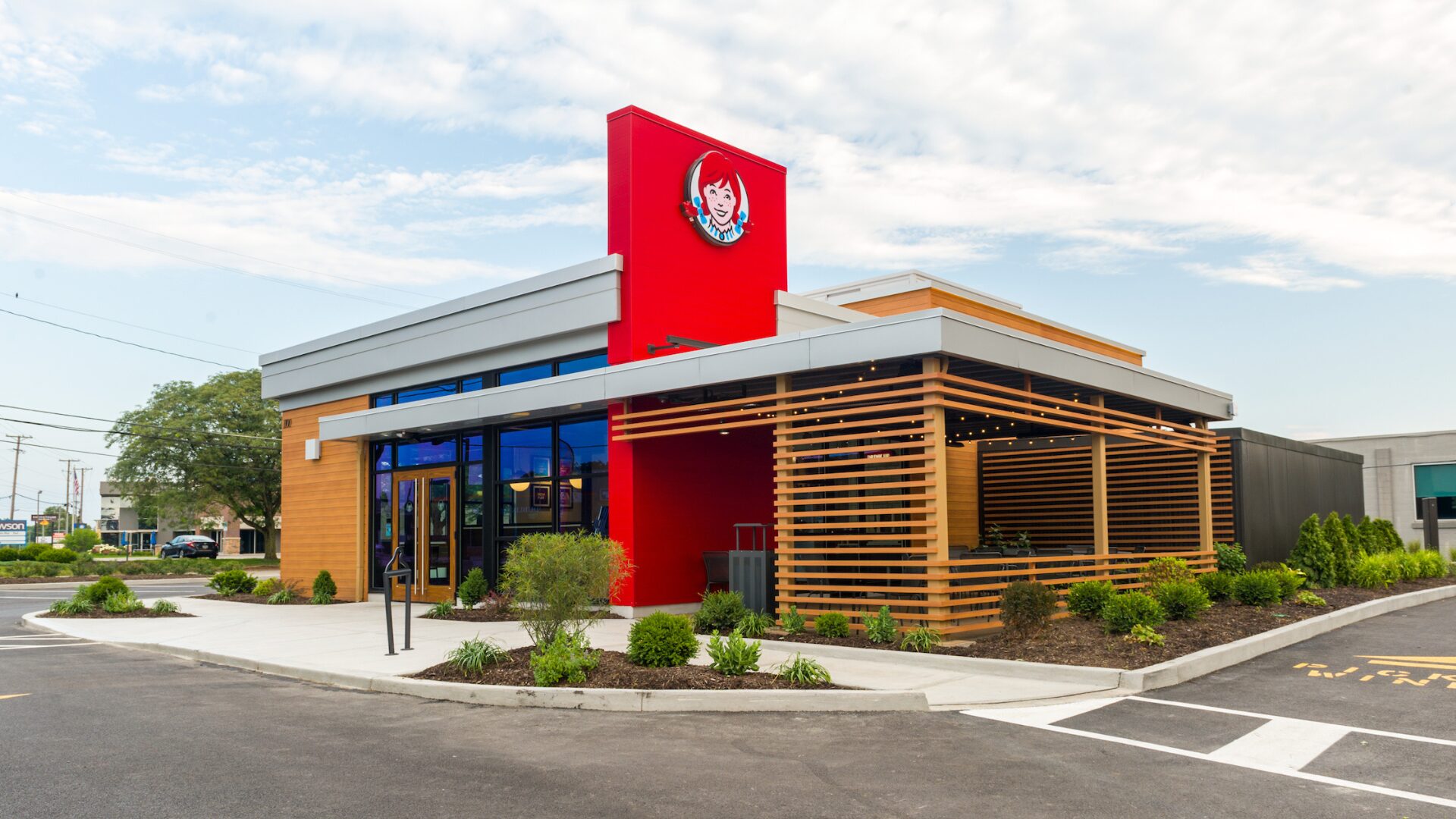About 9.4 million of the 47 million Americans who quit their jobs during the pandemic have found the grass isn’t always greener at a new company, a recent Harris Poll indicated, and only 26% say they like their new positions enough to stay.
Call it the Great Regret.
The poll, conducted in partnership with USA Today at the end of March, also indicated 30% were surprised about what their new jobs entailed, and fewer than 40% said they felt valued in their new roles. Twenty-four percent said they missed the culture of their previous job while another 24% said they failed to weigh the pros and cons thoroughly before making the decision to skip.
Daniel Cook, human resources director at Mullen and Mullen, told The Food Institute workers weren’t the only ones who failed.
“Employers hired too quickly as well without finding the right fit for the jobs, which resulted in job responsibilities not being fulfilled,” Cook said. Additionally, “this sudden shift in jobs during the pandemic turned out to be extremely exhausting for many workers since they had to learn new skills and adapt to a completely new work environment. In my opinion, employees should have been more patient and given their companies the chance to help them during the pandemic instead of leaving them.”
Catherine Fisher, a LinkedIn career expert, told “CBS Mornings” everyone was likely “moving too fast” and didn’t ask the right questions.
“What happened is that these companies were really trying to fill vacant roles that had been sitting for a long time, so they shortcut the system,” she said.
A poll from the Eagle Hill consulting firm indicated 37% of employers found the remote onboarding process difficult. Even before the pandemic, a Gallup survey indicated only 12% of employees said they were adequately prepared.
“Not only do 58% of new employees say that starting a job during the crisis was harder than before, their views signal that employers are not evolving onboarding two years into the pandemic,” Eagle Hill said. “New hires say the onboarding they received did not adequately cover many of the basics, from organizational culture to technology, benefits and policies.”
As a result, new employees expect to stay in their positions only two years before moving on, the poll indicated.
Part of the problem is that employers desperate for warm bodies tend to hold back information, business coach Lattice Hudson said in an email.
“Companies do not mention details they deem ‘unimportant’ or ‘irrelevant’ when, in reality, they matter a great deal to workers. These details include workplace dynamics and how much extra work they should expect during the week,” he said.
Small business attorney Matthew Carter said yet another part of the problem is that workers have bought into the myth that you have to love what you do.
“Work just isn’t fun. Period,” Carter said. “The only thing that can make you happier with your job is evaluating what you’re getting out of it and figuring out how to make that fit with what you want out of your life. That’s a tougher answer than just get a new job.”
Rob Dubin, who teaches corporate workshops on strategies to combat the Great Resignation, said the pandemic created several paradigm shifts and prompted many workers to start their own businesses.
“They are learning how hard running a business actually is. Some will go back to regular employment and may be better employees as a result of what they learned,” Dubin said.












